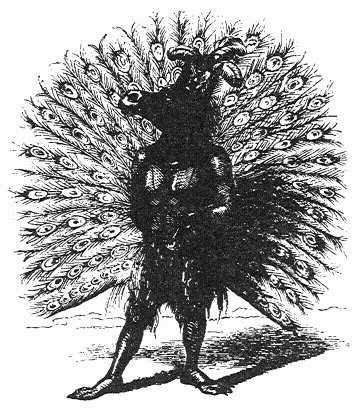Adramelech

Adramelech, also called Adrammelech, Adramelek or Adar-malik, (Hebrew: אַדְרַמֶּלֶךְ, Modern Adrammelekh, Tiberian ʼAḏramméleḵ; Greek: Αδραμελεχ Adramelekh; Latin: Adramelech) was a form of sun god related to Moloch. The centre of his worship was the town of Sepharvaim. According to (II Kings 17:31) the cult was brought by the Sepharvite colonists into Samaria: "the Sepharvites burnt their children in the fire to Adrammelech and Anammelech, the gods of Sepharvaim". - like Moloch. The melech element means "King" in Hebrew.
Adramelech is described as a son and murderer of Sennacherib, king of Assyria in II Kings 19:37) and Isaiah 37:38. In later times, he is associated with the Moloch of Carthage. This often leads to the concept that children were sacrificed to him. The concept of child sacrifice via burning them or placing them within a heated bronze statue of the god comes from Greek accounts and is not historically verifiable as no archaeological proof of such a large, bronze statue exists.
Milton, demonology
Like many pagan gods, Adramelech is considered a demon in some Judeo-Christian traditions. So he appears in Milton's Paradise Lost, where Adramelech is a fallen angel, vanquished by Uriel and Raphael. According to Collin de Plancy's book on demonology, Adramelech became the President of the Senate of the demons. He is also the Chancellor of Hell and supervisor of Satan's wardrobe. Adramelech is generally depicted with a human torso and head, and the limbs of a mule or peacock.
A poet's description of Adramelech can be found in Robert Silverberg's short story "Basileus". Adramelech is described as "The enemy of God, greater in ambition, guile and mischief than Satan. A fiend more curst — a deeper hypocrite".
See also
References
![]() This article incorporates text from a publication now in the public domain: Easton, Matthew George (1897). "article name needed". Easton's Bible Dictionary (New and revised ed.). T. Nelson and Sons.
This article incorporates text from a publication now in the public domain: Easton, Matthew George (1897). "article name needed". Easton's Bible Dictionary (New and revised ed.). T. Nelson and Sons.